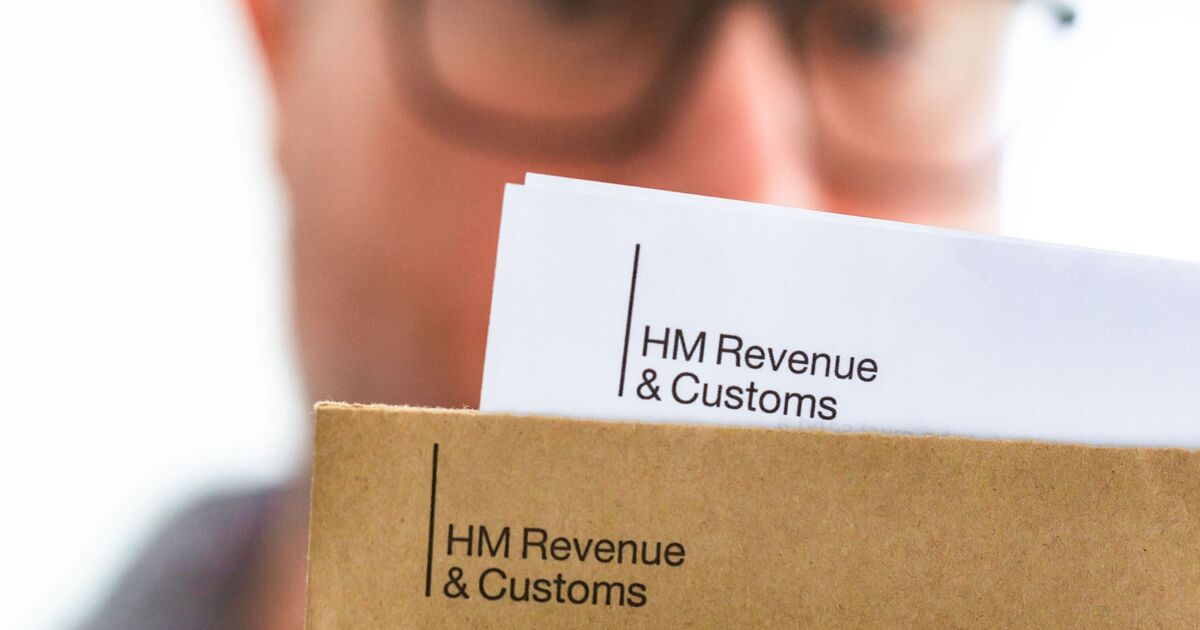The tax code on your payslip that may mean you’re paying too much | Personal Finance | Finance
Checking your tax code on your payslip could reveal if you’ve overpaid hundreds of pounds in tax and are eligible for a rebate.
Tax codes, which determine how much is deducted from your pay, are crucial for ensuring you’re taxed correctly.
If you’re on the wrong code, you might be paying too much or too little.
Tax codes appear on your payslip as a five-digit combination of letters and numbers. The most common code is 1257L, which signifies you’re entitled to the standard tax-free allowance of £12,570.
However, other factors, such as receiving employee benefits, having multiple jobs, or being on certain allowances like the marriage allowance, can affect your code.
What does my tax code mean?
Tax codes are made up of both numbers and letters. Here’s what the most common letters mean:
- L – Entitled to the standard tax-free personal allowance.
- M – Marriage Allowance: You’ve received a transfer of 10% of your partner’s personal allowance (£1,260).
- N – Marriage Allowance: You’ve transferred 10% of your personal allowance to your partner.
- S – Your income or pension is taxed using the rates in Scotland.
- T – Your tax code includes other calculations, e.g., for income over £100,000.
- 0T – Your personal allowance has been used up, or HMRC doesn’t have enough information to give you a code.
- BR – All income is taxed at the basic rate (usually used if you have multiple jobs or pensions).
- D0 – All income is taxed at the higher rate.
- D1 – All income is taxed at the additional rate.
- NT – No tax is being paid on this income.
- K – You have additional income that isn’t being taxed elsewhere, and it exceeds your personal allowance.
- W1, M1, X – Emergency tax codes. These suggest you may need to update your details with HMRC.
If your tax code is incorrect, you could be paying too much or too little tax. If you’ve overpaid, you can apply for a refund of the extra tax you’ve paid in the past four years.
If you’ve underpaid, HMRC will usually allow you to repay the owed amount over 12 months – provided you owe less than £3,000.
To check your tax code, look at your payslip, or log into your personal tax account via the HMRC app or website. You can also receive a tax code notice from HMRC by post.
It’s your responsibility to notify HMRC if your tax code is wrong. You can do this by calling 0300 200 3300 or writing to:
Pay as You Earn and Self Assessment
HM Revenue and Customs
BX9 1AS, United Kingdom
Updating your details with HMRC ensures you’re taxed correctly moving forward, and you may be refunded for any overpaid tax.

